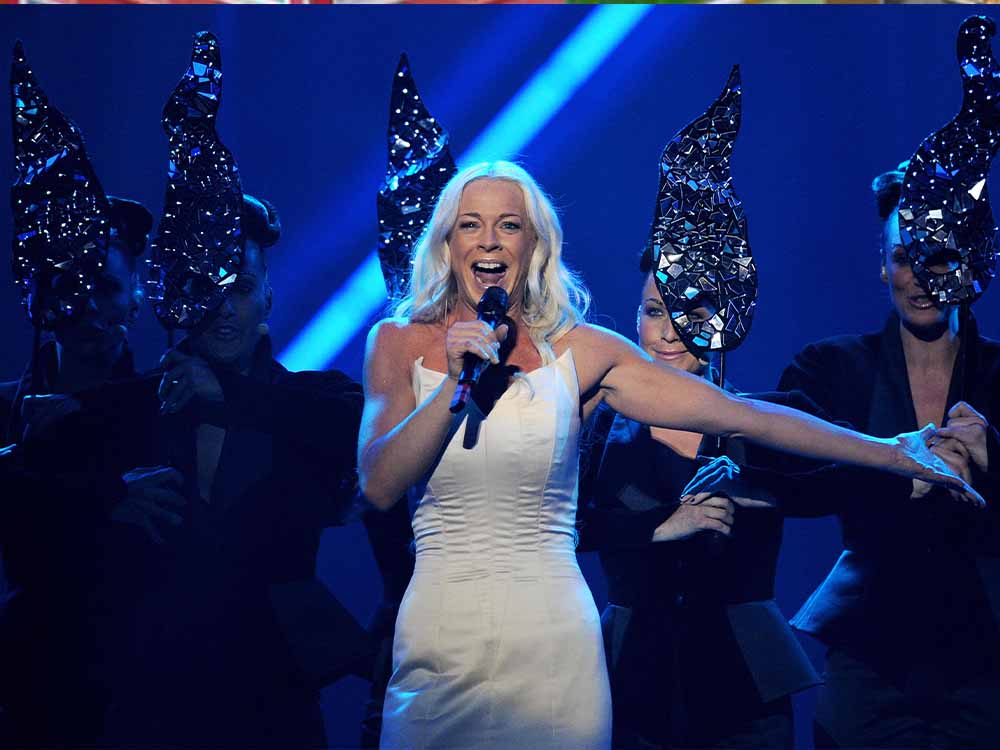Eurovision Song Contest 2009: A Musical Extravaganza in Moscow
In 2009, the Eurovision Song Contest captivated audiences as it unfolded in Moscow, Russia. This annual musical spectacle brought together artists from across Europe, each vying for the coveted title and the chance to showcase their talent on the international stage. This exploration delves into the key highlights and moments that defined Eurovision 2009, a year marked by dazzling performances, cultural diversity, and the celebration of musical artistry.
The Host City: Moscow Shines as the Epicenter of Eurovision
Moscow, known for its rich cultural heritage and iconic landmarks, served as the glamorous backdrop for Eurovision 2009. The Russian capital embraced the role of host city, providing a spectacular setting for the musical festivities. The venue, the Olympiysky Arena, echoed with the sounds of diverse musical genres as it welcomed artists, delegations, and fans from across the European continent.
The choice of Moscow as the host city added an extra layer of grandeur to Eurovision 2009, showcasing the contest’s ability to transcend borders and unite nations through the universal language of music.
Diverse Performances: A Tapestry of Musical Styles
Eurovision 2009 featured a diverse array of performances that spanned genres and showcased the cultural richness of participating countries. From pop and rock to traditional and contemporary, each act brought a unique flavor to the stage. Notable performances included the theatrical presentation of Ukraine’s “Be My Valentine,” the powerful ballad from Norway’s Alexander Rybak, and the energetic entry from Turkey with Hadise’s “Düm Tek Tek.”
The diversity of musical styles reflected Eurovision’s commitment to inclusivity and provided viewers with a vibrant tapestry of sounds, proving that the contest was not just a competition but a celebration of Europe’s musical mosaic.
Alexander Rybak’s Triumph: “Fairytale” Takes the Crown
The standout moment of Eurovision 2009 was undoubtedly Alexander Rybak’s mesmerizing performance of “Fairytale.” Representing Norway, Rybak not only showcased his musical prowess as a singer but also displayed exceptional talent as a violinist and dancer. The combination of catchy melodies, heartfelt lyrics, and Rybak’s charismatic stage presence resonated with both the jury and the voting public.
“Fairytale” not only secured Norway’s victory in Eurovision 2009 but also set a new record for the highest number of points ever awarded in the history of the contest. Alexander Rybak’s triumph was a testament to the power of a captivating performance and the ability of a song to capture the hearts of audiences across Europe.
Cultural Moments and Memorable Highlights
Beyond the competitive aspect, Eurovision 2009 was filled with cultural moments and memorable highlights that left a lasting impact. The inclusion of Azerbaijan and Armenia, two countries with a complex political history, demonstrated Eurovision’s role in fostering unity through music. The interval act, featuring a ballet performance by the Bolshoi Theatre, showcased the fusion of classical arts with the contemporary vibrancy of Eurovision.
Additionally, the voting process, always a moment of anticipation, added suspense and excitement as countries revealed their points. The humor and camaraderie among hosts and participants further emphasized the sense of unity and shared joy that Eurovision brings to millions of viewers.
In summary, Eurovision 2009 in Moscow was a musical extravaganza that transcended borders and celebrated the diversity of European cultures. From the vibrant performances to the crowning of Alexander Rybak’s “Fairytale,” the contest showcased the power of music to unite nations and create unforgettable moments on the international stage.











